What is 1 4-Butanediol used for in industry?
What is 1,4-Butanediol used for in industry?
1,4-Butanediol, also known as BDO, is an organic compound that finds numerous applications in various industries. This versatile chemical compound is primarily used as a solvent, a precursor to other chemicals, and a building block for producing polymers and plastics. Let's explore the different applications and roles of 1,4-Butanediol in industry.
1. Solvent:
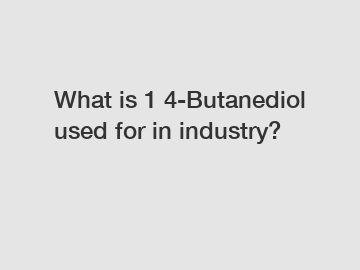
One of the major applications of 1,4-Butanediol is as a solvent. Its ability to dissolve various substances makes it useful in industries such as paints, coatings, and cleaning agents. In the paint and coating industry, it acts as a solvent for resin and pigment dispersion. It helps to dissolve these components, enhancing their dispersion and overall performance. Its solvent properties also make it valuable in the production of dyes and in the printing industry.
2. Chemical precursor:
1,4-Butanediol serves as an important precursor in the synthesis of various chemicals and compounds. One such example is its use in the production of tetrahydrofuran (THF). THF is a widely used organic solvent and is employed in the manufacture of flexible polyurethane foams, pharmaceuticals, and as a precursor to nylon. BDO is reacted with an acid catalyst to produce THF through a process called catalytic hydrogenation. This exemplifies the crucial role of 1,4-Butanediol as a building block in the chemical industry.
Additional resources:What is Oxytetracycline Hydrochloride Used For?
What is sodium sulfide used for?
What is Hydroxy Ethyl Cellulose?
4'-Methylpropiophenone: An Insight into its Properties and Applications
Enhancing Embroidery Artistry: Exploring the Wonders of Embroidery Adhesive
What is the use of carboxymethyl cellulose?
Are Cosmetic Raw Materials Safe for Use in Beauty Products?
3. Polymers and Plastics:
The polymer industry heavily relies on the use of 1,4-Butanediol as a monomer or co-monomer in the production of various polymers and plastics. It can react with different compounds, such as adipic acid or terephthalic acid, to form polyesters like polybutylene terephthalate (PBT) and polyurethanes. These polymers have wide-ranging applications, including automotive parts, electrical connectors, and textile fibers.
4. Industrial chemicals:
Apart from its use as a solvent and precursor, 1,4-Butanediol also finds applications in the production of industrial chemicals. For instance, it is utilized in the manufacturing of gamma-butyrolactone (GBL), an intermediate chemical used in the production of herbicides, pharmaceuticals, and polymers. GBL is also used as a solvent and is an essential compound in some industrial cleaning agents.
In conclusion, 1,4-Butanediol plays numerous roles in different industries. Its applications as a solvent, precursor, and building block for polymers and plastics demonstrate its versatility and importance. This organic compound allows for the synthesis of various chemicals, such as THF and GBL, which serve as intermediates in the production of a wide range of products. With its diverse applications, 1,4-Butanediol continues to be a valuable chemical compound in the industrial sector.
For more information, please visit Caustic Soda Pearls 99, Caustic Soda Pearl 25kg, light yellow Polyvinyl Chloride Powder.
Additional resources:What is the process of blending NPK fertilizer?
Hydroxypropyl Methyl Cellulose (HPMC) as a Stabilizer in Emulsion Systems
What is difference between plastic emulsion and acrylic emulsion?
What is EVA polymer used for?
What is polyvinyl alcohol used for?
Unlocking the Versatility of Polyvinyl Alcohol (PVA) in Diverse Industries
Advantages and Applications of UV Roller Varnish
257
0
0
Related Articles
-
582
0
0
-
323
0
0
-
331
0
0
-
321
0
0
-
343
0
0
-
298
0
0
-
365
0
0
-
279
0
0

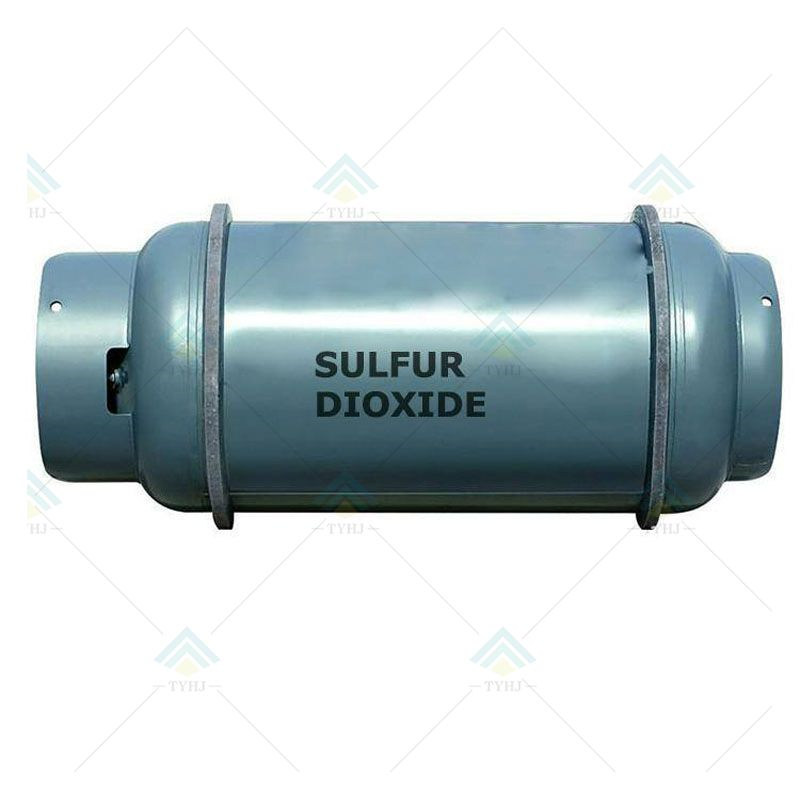
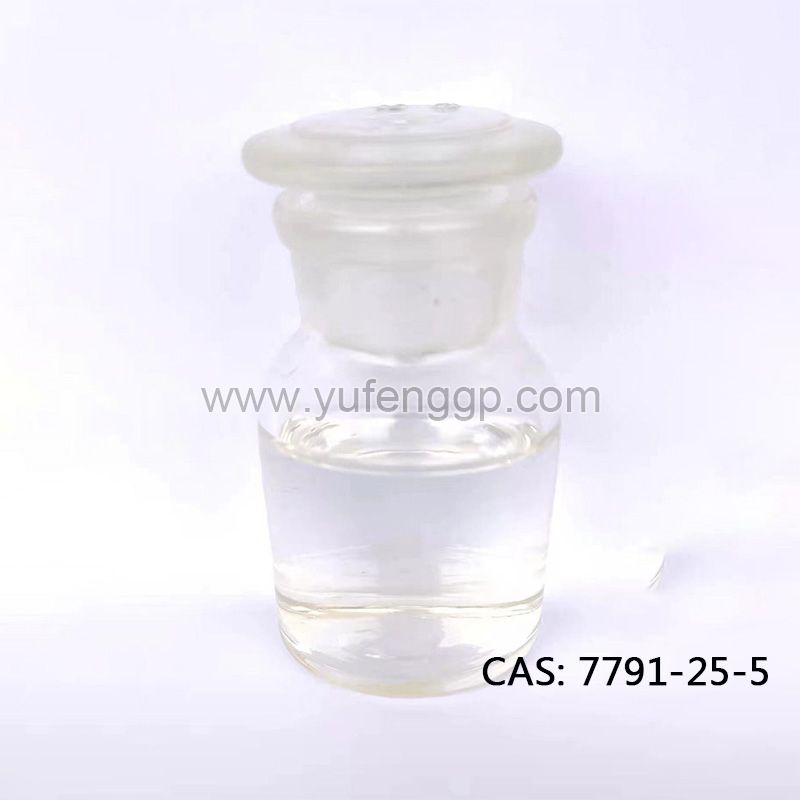

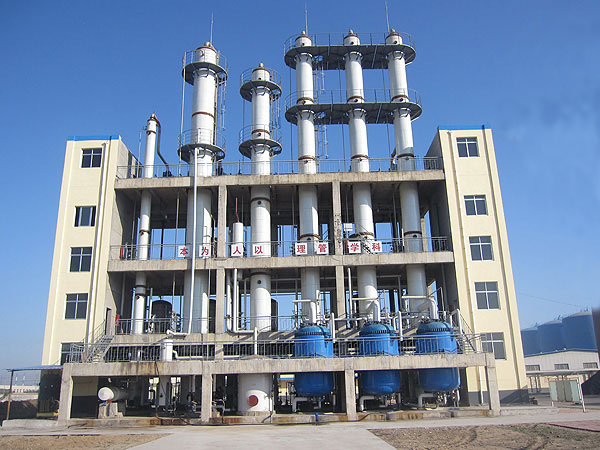
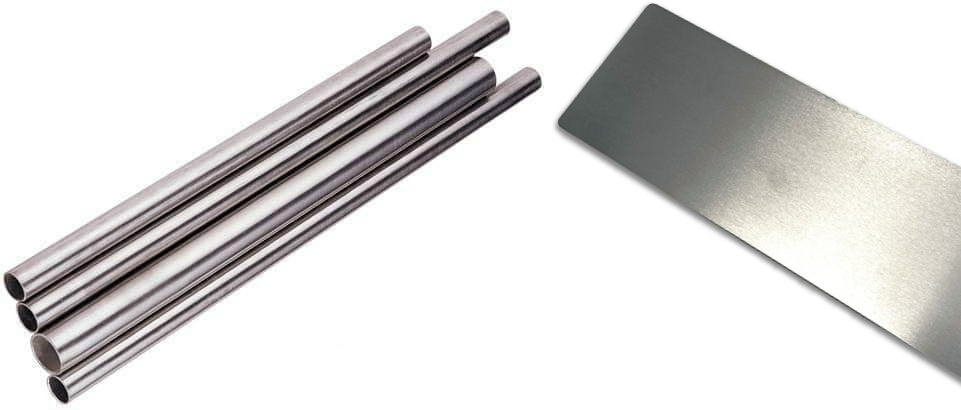
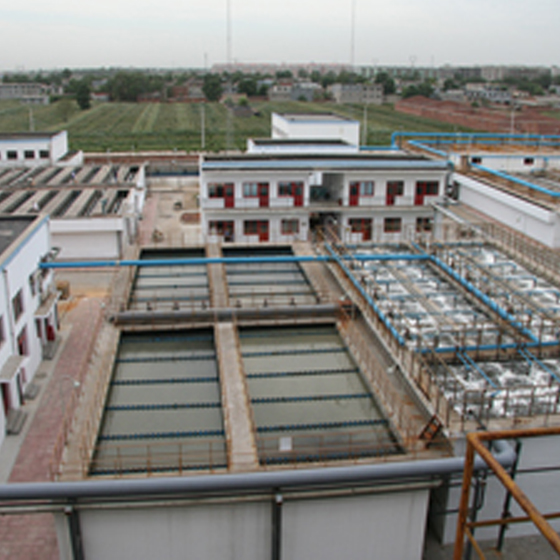
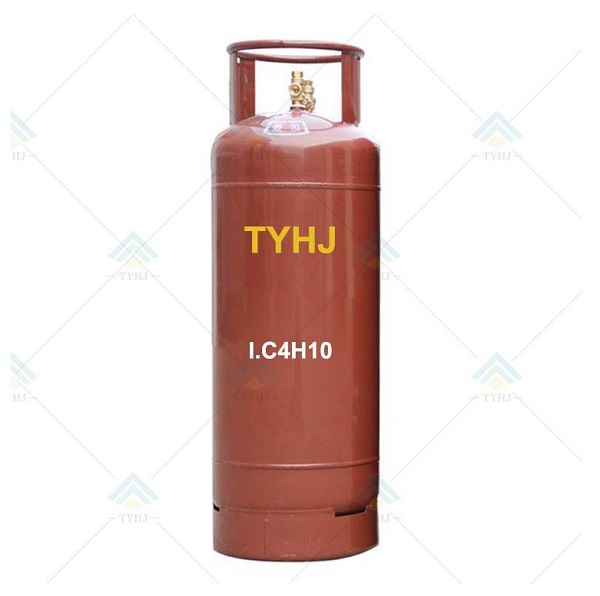
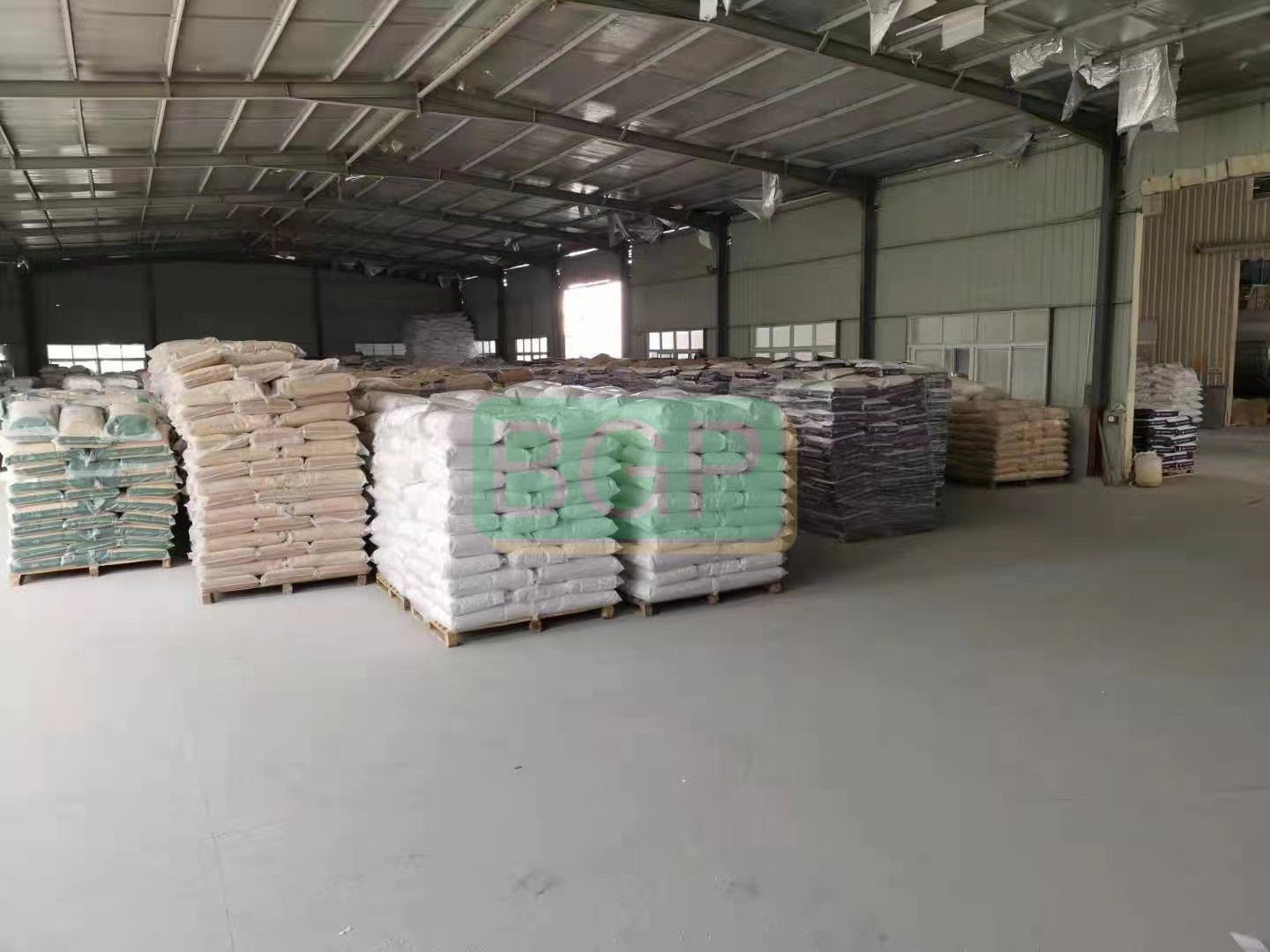
Comments
All Comments (0)